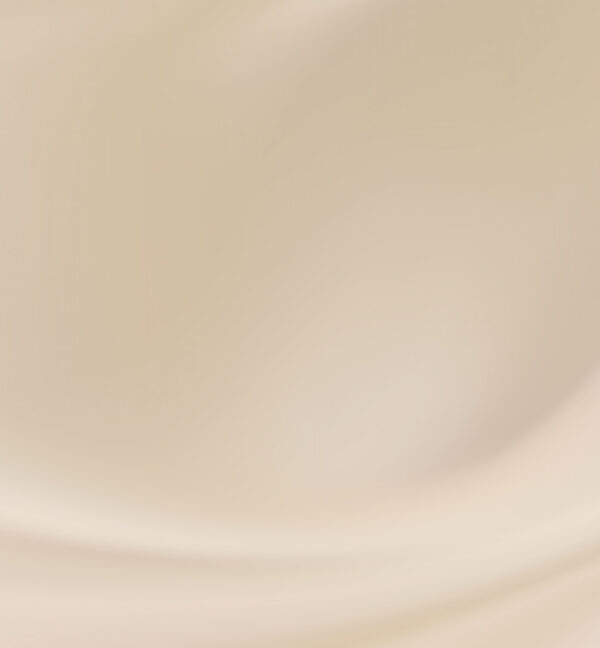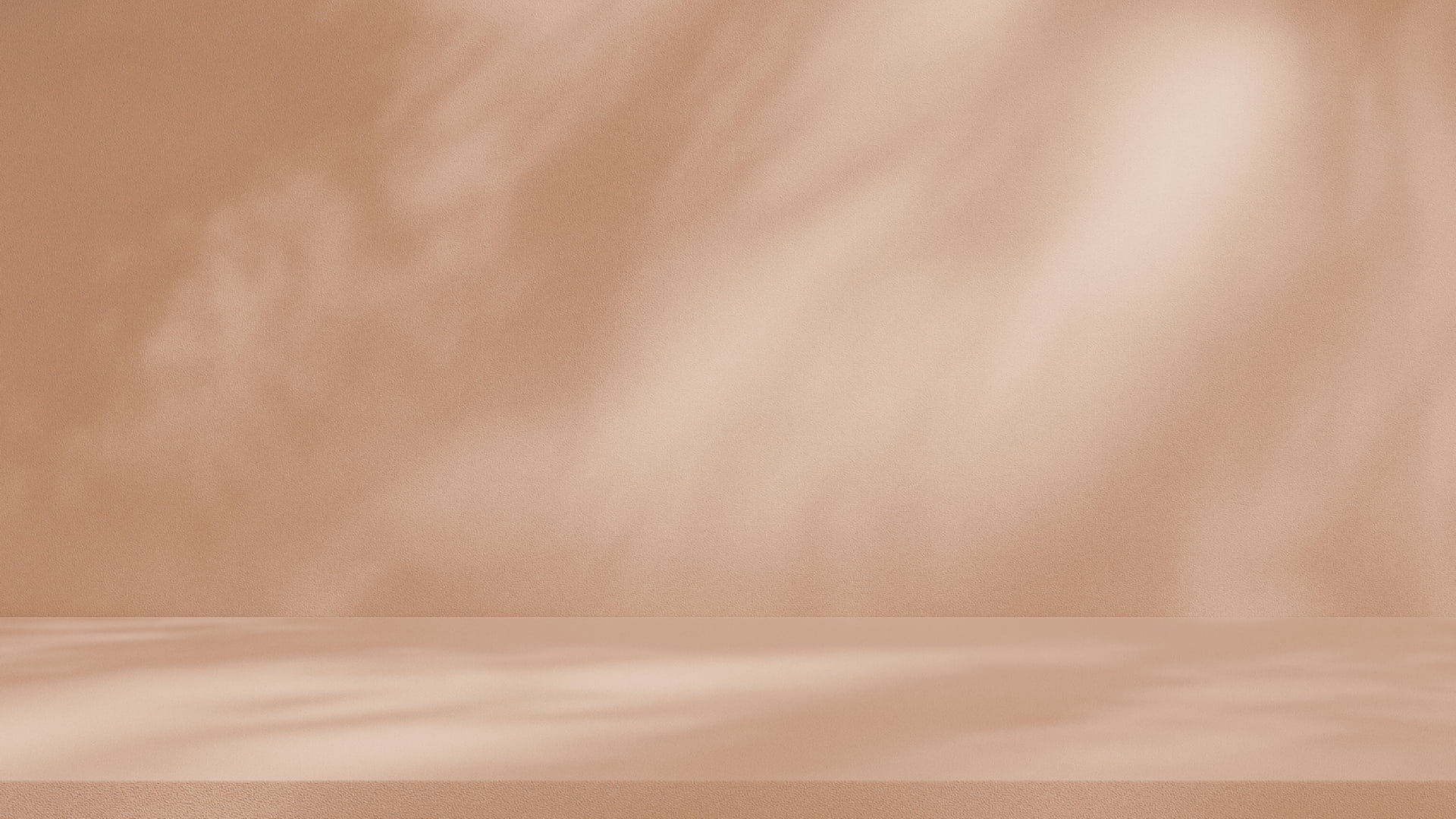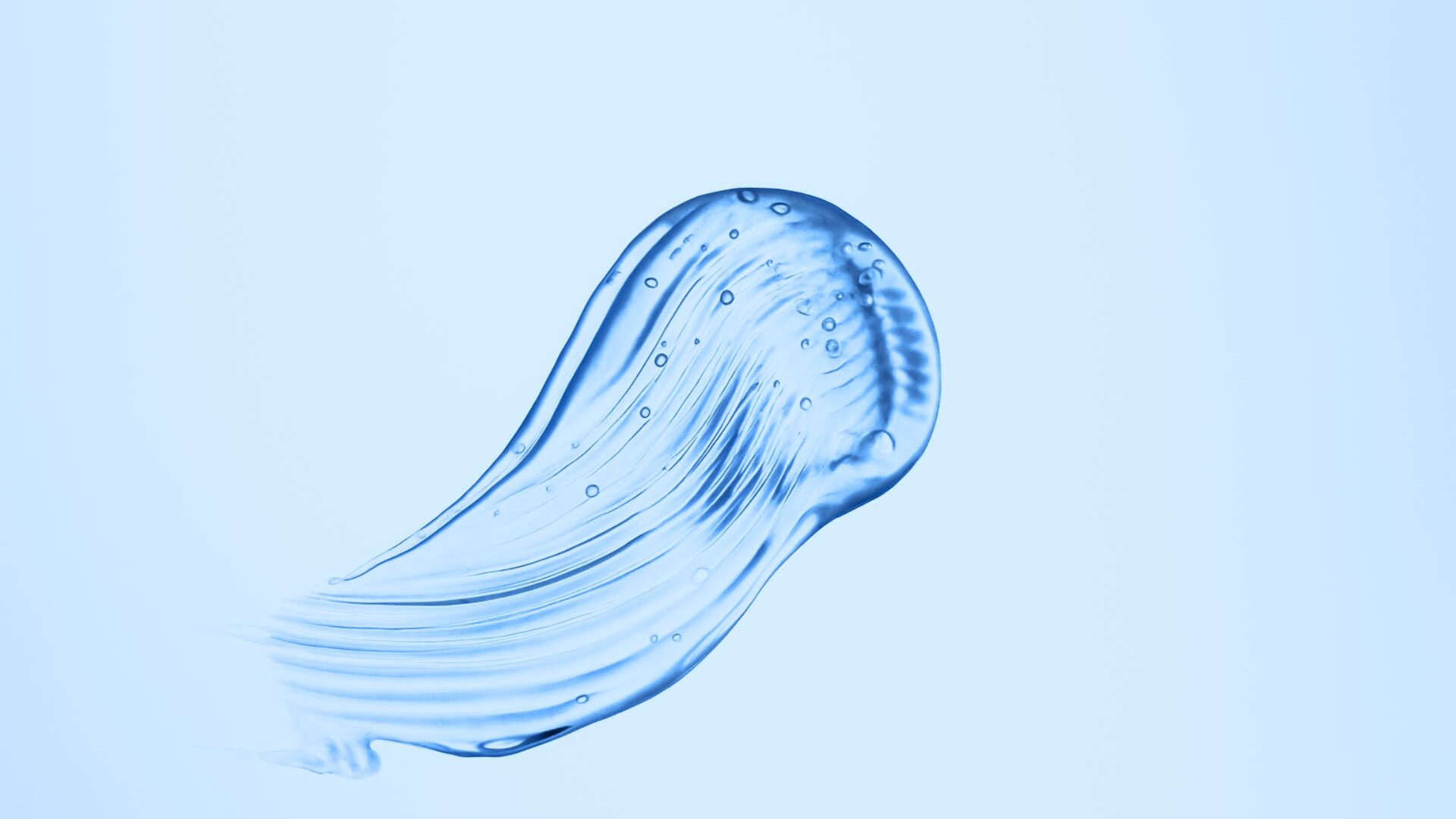SUBSCRIBE TO OUR NEWSLETTER & RECEIVE $25 OFF* LEARN MORE
Acne
Book an appointment
Book an appointment
Acne is one of the most common skin concerns, but that does not make it any less personal. Whether it appears during adolescence or well into adulthood, acne can be persistent, frustrating, and emotionally challenging. Breakouts may show up as blackheads, whiteheads, tender cysts, or inflamed blemishes, and often affect areas like the face, chest, or back. For many, the physical discomfort is accompanied by a quiet and lasting impact on self-confidence.
This condition is influenced by many factors, including hormones, genetics, inflammation, skin sensitivity, and bacteria. It can also fluctuate with stress, dietary changes, environmental factors, or key life transitions, which means it often needs more than a one-size-fits-all approach.
Addressing acne thoughtfully combines clinical expertise, targeted therapies, and medical-grade skincare to help restore clarity, calm, and renewed confidence so that your skin feels more like your own again.
Excess Sebum Production
Your skin naturally produces sebum, an oil that protects and hydrates. But when the sebaceous glands become overly active, excess oil can mix with dead skin cells and environmental particles to clog pores. This creates the ideal conditions for blemishes to form.
Hormonal Fluctuations
Hormones, particularly androgens like testosterone, can stimulate excess oil production and increase skin sensitivity. This is why acne is often triggered or worsened during puberty, menstrual cycles, pregnancy, or perimenopause. Hormonal acne typically appears on the jawline, chin, and cheeks.
Clogged Pores and Skin Cell Buildup
If dead skin cells aren’t properly shed, they can become trapped in pores leading to blackheads, whiteheads, and deeper cystic lesions. This buildup can be influenced by skincare habits, skin type, and even environmental exposure like humidity or pollution.
Bacteria and Inflammation
The presence of C. acnes (formerly P. acnes) bacteria on the skin can contribute to inflammation when it becomes trapped in a blocked pore. This triggers redness, swelling, and discomfort and can lead to more inflamed or cystic acne.
Genetics and Skin Type
Your skin’s tendency toward oiliness, inflammation, and acne may be inherited. If one or both of your parents had moderate to severe acne, your chances of developing it are higher. Understanding your skin’s natural behavior is key to finding the right treatment approach.
Lifestyle and External Triggers
Factors like stress, poor sleep, diet, humidity, friction from masks or helmets, and certain cosmetic products can all influence acne flare-ups. While these don’t directly cause acne, they can make existing breakouts worse or prolong healing.
At Victoria Park Medispa, we take a medical and personalized approach to acne treatment. From professional-grade skincare to advanced in-clinic technologies, we offer solutions that target both the symptoms and root causes helping you achieve clearer, healthier skin with confidence and care.
Acne
Solutions

BBL® Forever Clear
A broadband light treatment combining blue, yellow, and infrared light to treat active acne and support healing.
Who it’s for: Teens and adults with mild to moderate acne, including hormonal and inflammatory types.
Treatment plan: Usually 4 to 6 sessions, 1 to 2 weeks apart, with optional maintenance.
Results: Fewer breakouts, calmer skin, and clearer complexion, often visible within a month.

AviClear™ Laser
AviClear is the first FDA and Health Canada approved laser that targets sebaceous glands to reduce oil production, clearing and preventing acne without medication.
Who it’s for: Teens and adults with mild to severe acne seeking a drug-free, long-term solution.
Treatment plan: Usually 3 sessions, four weeks apart, with no downtime.
Results: Breakouts often reduce within weeks, with continued clearing over 3 to 6 months.

Bela MD
Bela MD is a medical-grade treatment that cleanses, exfoliates, and infuses the skin to treat acne and improve overall skin health. It clears pores, reduces inflammation, and leaves skin balanced.
Who it’s for: Teens and adults with active acne, oily, or congested skin.
Treatment plan: Usually 3 to 6 sessions, 2 to 4 weeks apart, with optional monthly maintenance.
Results: Clearer, calmer skin after each session, with ongoing improvement over time.

Chemical Peels
Chemical peels with acids like salicylic, glycolic, or azelaic exfoliate, unclog pores, reduce oil, and fade post-acne marks for a clearer, more even complexion.
Who it’s for: Mild to moderate acne, post-inflammatory pigmentation, or uneven texture.
Treatment plan: Usually 3 to 6 sessions every 2 to 4 weeks, with maintenance every 6 to 8 weeks.
Results: Clearer skin, reduced congestion, and smoother texture within a few sessions, with gradual fading of pigmentation.

Morpheus8 (Rf Microneedling)
Morpheus8 combines microneedling and radiofrequency to reduce active acne, inflammation, and early scarring while improving skin texture.
Who it’s for: Active acne with early scarring, for those seeking a non-medication option.
Treatment plan: Usually 3 sessions, 4 to 6 weeks apart, with maintenance as needed.
Results: Less inflammation and breakouts within weeks, with clearer, smoother skin over 2 to 3 months.

HydraFacial
HydraFacial™ uses a multi-step vortex technology to deeply cleanse, exfoliate, and infuse the skin with acne-safe serums, helping to clear pores and calm inflammation.
Who it’s for: Teens and adults with mild to moderate acne, blackheads, or oily, congested skin.
Treatment plan: 3 to 6 sessions spaced 2 to 4 weeks apart, with monthly maintenance.
Results: Smoother, clearer skin with reduced congestion and visibly healthier texture after each session.

JetPeel™
JetPeel™ is a needle-free infusion treatment that uses high-velocity oxygen and liquid microdroplets to deep-clean pores, exfoliate dead skin, and deliver acne-fighting ingredients below the surface.
Who it’s for: Sensitive, oily, or acne-prone skin, including those who want a gentle, no-downtime option.
Treatment plan: 4 to 6 sessions spaced 1 to 2 weeks apart, with maintenance as needed.
Results: Calmer, clearer skin with reduced breakouts, congestion, and inflammation over time.

Dermatology Referral (if needed)
For severe or cystic acne, our board-certified dermatologists can recommend medical treatments like oral antibiotics, spironolactone, or isotretinoin when needed.
Who it’s for: Moderate to severe, cystic, or treatment-resistant acne.
Treatment plan: Starts with a dermatologist consultation and personalized prescription plan, with follow-ups as needed.
Results: Reduced inflammation, fewer breakouts, and long-term clearance, often within a few months.

MD Formula Peels
MD Formula Peels help rebalance acne-prone skin by gently exfoliating clogged pores, reducing oil buildup, and calming inflammation. These medical-grade peels also improve tone and texture for a clearer, healthier complexion.
Who it’s for: Men and women with active acne, oiliness, or uneven skin tone.
Treatment plan: 4 to 6 sessions spaced 2 to 4 weeks apart.
Results: Clearer, smoother skin with fewer breakouts and visibly refined pores.

Not sure which treatment is right for you ?
Schedule a complimentary consultation with our experts to discuss your needs
WHY CHOOSE
VICTORIA PARK MEDISPA
-
Financing
Our partnership with Beautifi means our patients can get the treatments they deserve with low-interest, flexible monthly payments.
-
Price match policy
If you discover a better price on laser-based aesthetic services, let us know, and we’ll match that figure.*Details apply.
-
Access to the best experts
Our medical team is made up of the country’s top board-certified plastic surgeons and dermatologists. These experts are supported by a team of dedicated registered nurses who are passionate about helping you achieve your aspirations.
FAQ
Got questions about acne? We’ve got answers!
Acne is best treated with a tailored approach. Depending on severity, we may combine medical-grade skincare, chemical peels, HydraFacial®, JetPeel™, or BBL Forever Clear™ to target bacteria, inflammation, and congestion. For persistent or hormonal cases, your provider may also recommend prescription medications or refer you to a dermatologist.
Cystic acne appears as deep, inflamed bumps under the skin that often require prescription treatments like antibiotics, hormonal therapy, or isotretinoin. For scarring or active inflammation, technologies like Morpheus8 can also be introduced as part of a long-term management plan.
There’s no proven link between creatine and acne. Breakouts seen during use are more likely due to sweat or pore congestion from intense workouts. Consistent cleansing with medical-grade skincare can help manage this.
High-sugar diets can raise insulin levels and increase inflammation, which may trigger breakouts in acne-prone skin. While not the sole cause, reducing refined sugar can support clearer skin alongside other treatments.
It depends on your skin type and the type of acne. BBL Forever Clear™ is highly effective for active breakouts, while belaMD, JetPeel™, and HydraFacial® help clear clogged pores and reduce inflammation. For more resistant acne, AviClear or a dermatology referral may be appropriate.
No. Adult acne is often triggered by hormones, stress, or medications. We offer age-appropriate treatment plans to address adult breakouts without compromising skin integrity.
No. Picking can lead to deeper inflammation, scarring, or infection. Professional extractions, when appropriate, are performed in a sterile setting to minimize damage and speed healing.
Not at all. Acne results from internal factors like oil production and inflammation. Over-cleansing or using harsh products can make things worse. A balanced skincare routine is key.
Yes. We offer advanced solutions like AviClear, chemical peels, and BBL Forever Clear™ that go far beyond over-the-counter options. Your provider may also recommend a dermatology referral for prescription support.
No. Acne is not caused by bacteria that spreads between people. It is a non-infectious skin condition related to oil, hormones, and inflammation.
Recent
articles
Request an appointment
Let's get in touch
Not ready to book your consultation yet? Contact us by filling in the form below or call us at 514.488.8668 to discuss your questions with a member of our Appointment Concierge Team. We look forward to helping you.


